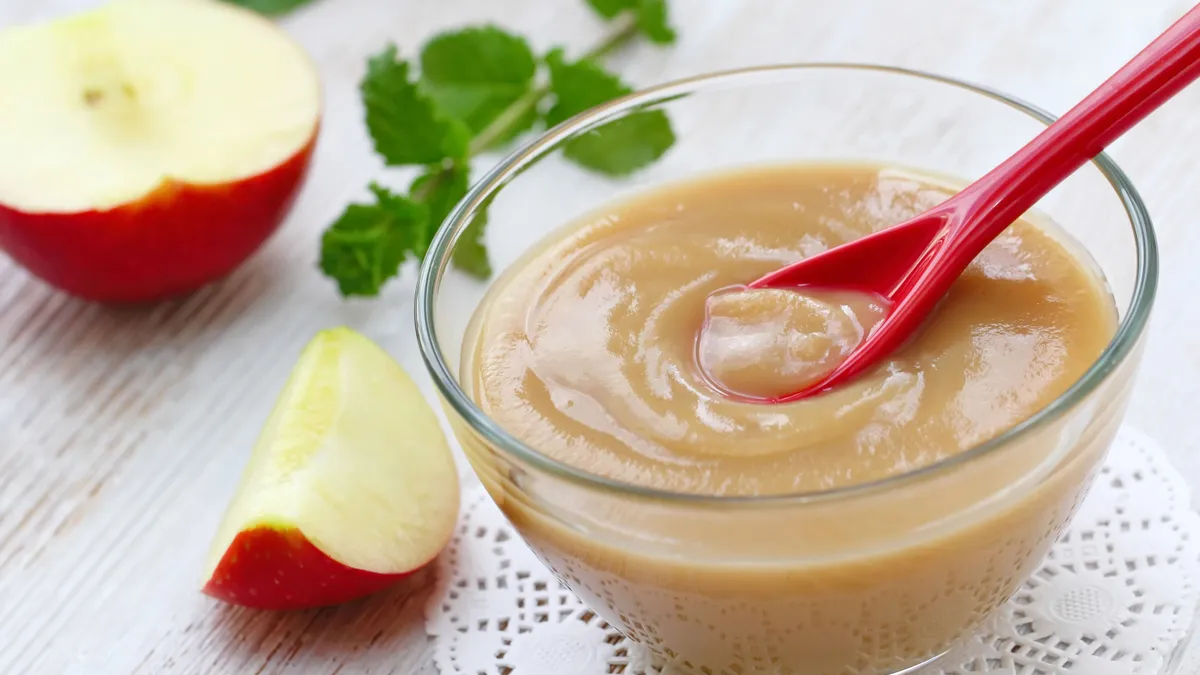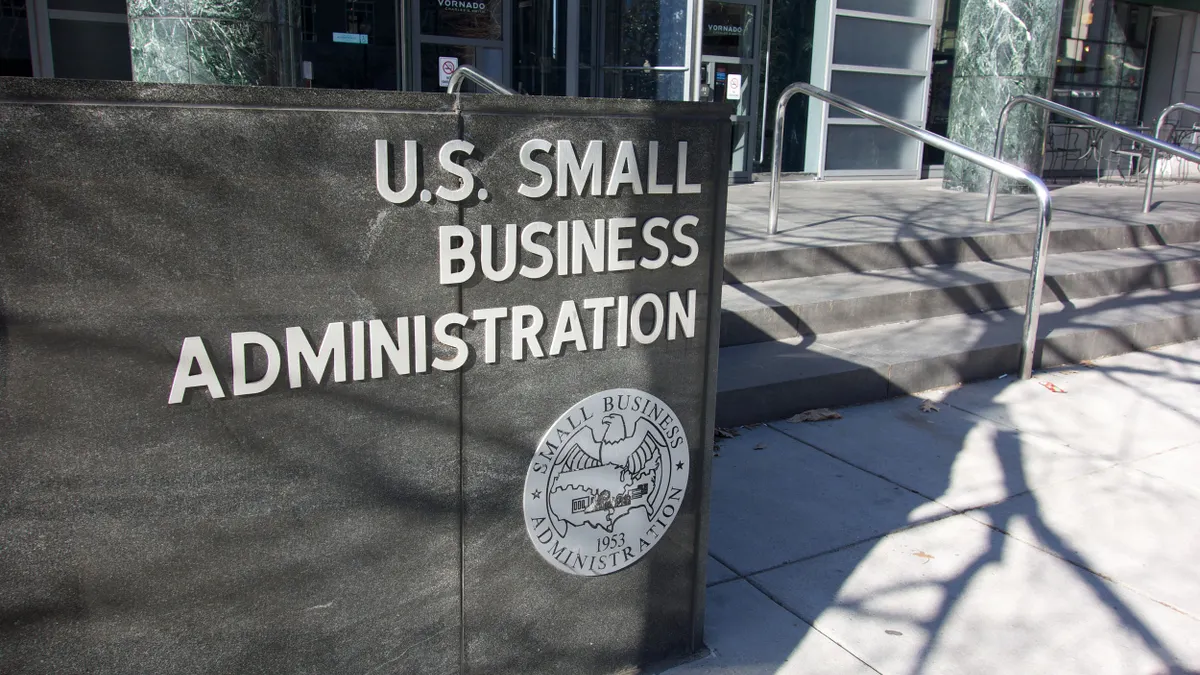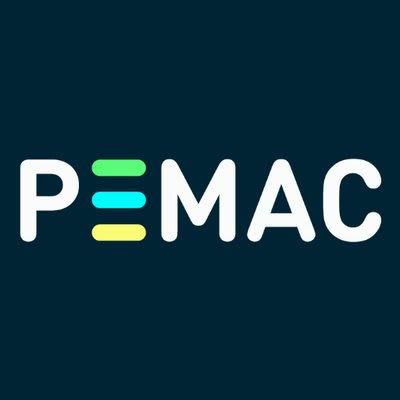The Food and Drug Administration issued final guidance on Jan. 7 for lead levels in processed food intended for babies and young children.
The action levels for processed foods intended for babies and young children are as follows:
- 10 parts per billion for fruits, vegetables, excluding single-ingredient root vegetables, mixtures, including grain- and meat-based mixtures, yogurts, custards and puddings and single-ingredient meats
- 20 ppb for single-ingredient root vegetables
- 20 ppb for dry infant cereals
Although action levels are those at which the FDA may regard a food as “adulterated,” the federal agency’s research and regulation initiative Closer to Zero outlines other actions to further reduce lead in food and expects the “industry will strive for continual reductions over time.”
The push to lower lead levels in baby food products comes after the federal agency investigated a major outbreak involving WanaBana applesauce pouches beginning in February 2023.
The FDA investigated for months regarding the origin of the lead and chromium outbreak that led to over 400 cases of lead poisoning across the country. The agency traced back the root cause to a factory in Ecuador where the country’s officials identified a single cinnamon processor as the likely source of contamination.
In an Aug. 15, 2024, update, the FDA said it issued a warning letter to Ecuador-based food manufacturer Austrofoods, which makes WanaBana products. The letter stated the company’s products were adulterated under the Federal Food, Drug, and Cosmetic Act because they bore or contained an added poisonous or deleterious substance that may render them injurious to health.
Then, in late 2024, the agency issued three more warning letters to three importers of apple cinnamon fruit puree from Austrofood — WanaBana USA, Purcell International and Caribbean Produce Exchange. The warnings cited violations of the Foreign Supplier Verification Program, which mandates importers to verify that imported food meets U.S. safety standards through risk-based activities, according to the FDA.
While initial response efforts on the WanaBana investigation are complete, the FDA said it will continue prevention, compliance and surveillance activities to address future risks and that the warning is part of ongoing measures following the product recall.
Since February 2024 when the initial applesauce cinnamon pouch recall took place, the FDA has issued several more alerts about contaminated cinnamon products in at least five states, including one in March, two in July, one in August and one on Nov. 1, 2024.
The continued outbreak has led to more than 90 additional confirmed contamination cases, although the FDA has received more than 200 cases since March 2024, according to the agency.












